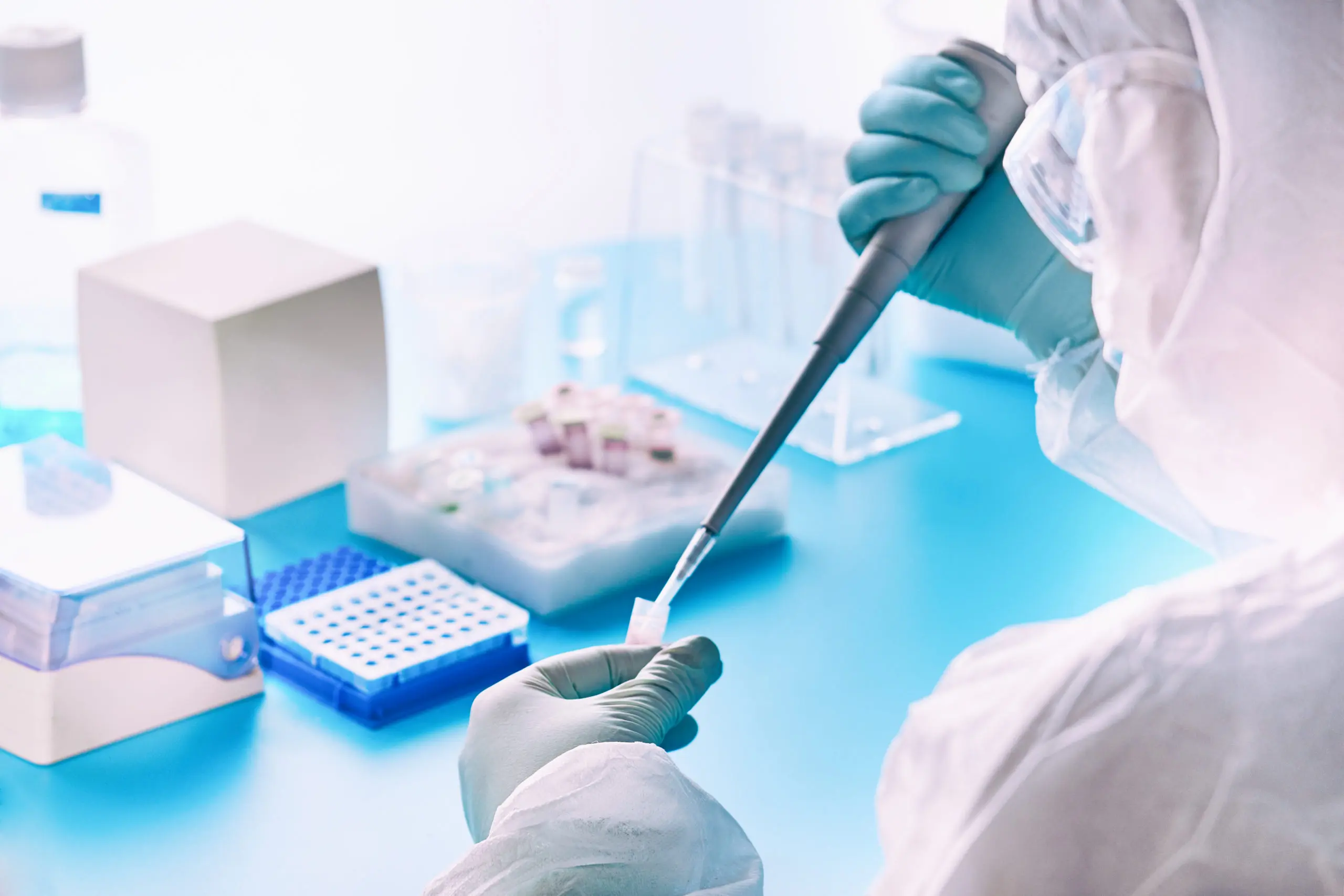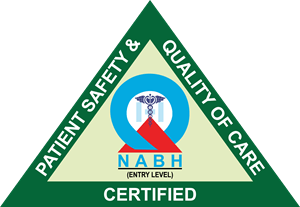Molecular Testing
What Is Molecular Testing ?
Molecular testing, also known as molecular diagnostics, refers to a collection of techniques used to analyze genetic material (DNA or RNA) in order to detect specific sequences, mutations, or variations associated with diseases, conditions, or genetic traits. This type of testing provides detailed information at the molecular level, allowing for precise diagnoses and treatment decisions.
Genetic Material Analysis: Molecular testing involves the examination of genetic material, including DNA and RNA. This can be extracted from various sources, such as blood, tissue, saliva, or other bodily fluids. Targeted Testing: Molecular tests are designed to target specific genes, sequences, or mutations known to be associated with particular diseases, conditions, or genetic traits. Polymerase Chain Reaction (PCR): PCR is a widely used technique in molecular testing. It allows for the amplification of specific DNA sequences, making it easier to detect and analyze small amounts of genetic material. Nucleic Acid Probes: Probes are single-stranded pieces of DNA or RNA that are labeled with a fluorescent or radioactive tag. They are used to bind to specific genetic sequences, allowing for their detection and identification. Next-Generation Sequencing (NGS): NGS is a high-throughput method that allows for the rapid sequencing of large amounts of genetic material. It is particularly useful for identifying multiple genetic variations or mutations simultaneously. Mutation Analysis: Molecular testing can identify specific mutations in genes associated with various diseases, such as cancer mutations or genetic mutations causing inherited disorders. Viral Load Testing: This type of molecular testing quantifies the amount of a specific virus (e.g., HIV, hepatitis) in a patient's blood. It is crucial for monitoring viral infections and guiding treatment decisions. Genetic Screening and Prenatal Testing: Molecular testing is used in genetic screening programs to assess the risk of passing on certain genetic conditions to offspring. Prenatal testing can detect genetic abnormalities in fetuses. Personalized Medicine: Molecular testing plays a crucial role in the field of personalized medicine, where treatments are tailored to an individual's genetic profile for optimal therapeutic outcomes. Forensic Testing: Molecular techniques are used in forensic science to identify individuals based on DNA samples, as well as to analyze evidence in criminal investigations. Infectious Disease Diagnostics: Molecular testing is employed to detect and identify pathogens like bacteria, viruses, and parasites, aiding in the diagnosis and treatment of infectious diseases. Molecular testing has revolutionized the field of diagnostics, providing more accurate and targeted information about a patient's genetic makeup. It has wide-ranging applications in clinical medicine, research, public health, and forensics, and continues to advance our understanding of genetic contributions to health and disease.

What Is The Main Cause Of Molecular Testing ?
The main cause of molecular testing is to analyze genetic material (DNA or RNA) at the molecular level to detect specific sequences, mutations, or variations associated with diseases, conditions, or genetic traits. Molecular testing serves several crucial purposes in healthcare, research, and diagnostics:
- Precision Diagnoses: Molecular testing allows for highly precise and accurate diagnoses of various diseases and conditions, including genetic disorders, infectious diseases, and certain types of cancer.
- Personalized Medicine: By understanding an individual's genetic makeup through molecular testing, healthcare providers can tailor treatments and interventions to the specific genetic profile of the patient. This leads to more effective and targeted therapies.
- Genetic Screening and Counseling: Molecular testing is used in genetic screening programs to assess the risk of passing on certain genetic conditions to offspring. This information is valuable for family planning and can guide decisions about prenatal care.
- Cancer Management: Molecular testing can identify specific genetic mutations or markers associated with cancer, allowing for more precise diagnoses, prognosis assessments, and targeted cancer therapies.
- Infectious Disease Diagnostics: Molecular testing is crucial for detecting and identifying pathogens like viruses, bacteria, and parasites. This is particularly important in infectious disease management and outbreak control.
Pharmacogenomics: Molecular testing can help determine how an individual's genetic makeup may influence their response to certain medications. This information can guide medication selection and dosing for optimal therapeutic outcomes. Research and Drug Development: Molecular testing is essential in research endeavors to better understand genetic contributions to diseases, study genetic variations, and develop new therapies and treatments. Forensic Science: In forensic investigations, molecular testing is used for DNA profiling to identify individuals, establish familial relationships, and analyze evidence in criminal cases. Monitoring Treatment Responses: Molecular testing can be employed to monitor how a patient is responding to a specific treatment regimen. This allows for timely adjustments in the treatment plan if necessary. Population Studies and Epidemiology: Molecular testing can be used in population-based studies to investigate genetic predispositions, study disease prevalence, and track the spread of genetic disorders. Quality Control in Biotechnology and Pharmaceuticals: Molecular testing is used to verify the quality and authenticity of biological materials used in biotechnology, pharmaceuticals, and research. Overall, molecular testing is a powerful tool in modern healthcare, providing detailed genetic information that enables more accurate diagnoses, personalized treatment strategies, and advancements in medical research and understanding. It plays a crucial role in improving patient care and outcomes across a wide range of medical disciplines.
Clinical Services
Facilities
24 Hours Services



